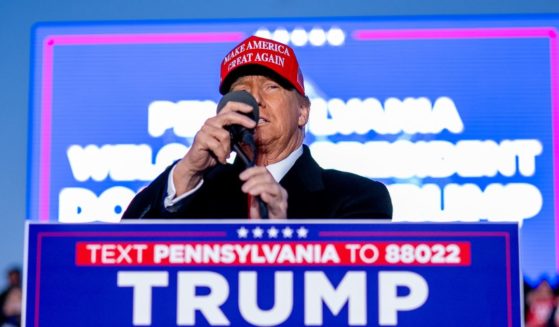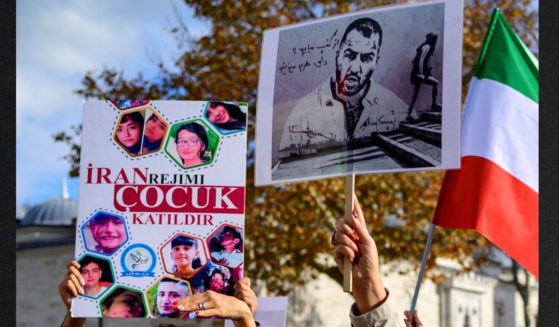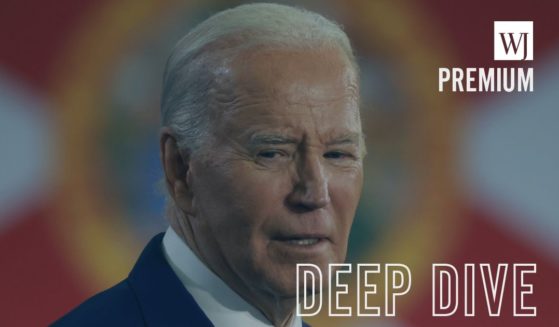Trump invites Hungarian leader Orban to May 13 meeting
BUDAPEST, Hungary (AP) — Hungarian Prime Minister Viktor Orban has been invited by U.S. President Donald Trump for a “working meeting” on May 13, an official said Thursday.
The meeting in Washington will cover issues like energy security, defense cooperation, bilateral relations and regional security, Hungarian government spokesman Zoltan Kovacs tweeted. The last Hungarian prime minister to visit the White House was Ferenc Gyurcsany in 2005.
In July 2016, Orban became the first national leader in the European Union to endorse Trump in the U.S. election campaign.
After he returned to power in 2010, Orban faced years of harsh criticism from the Obama administration over Orban’s weakening of democratic checks and balances and the rule of law, including during a June 2011 visit to Budapest by then U.S. Secretary of State Hillary Clinton.
There has been an upturn in U.S.-Hungary relations in recent months, embodied, for example in the bilateral defense cooperation agreement signed in early April and an earlier announcement about Hungarian plans to purchase medium-range missiles from American sources to improve the country’s air defense system.
Still, U.S. Secretary of State Mike Pompeo warned during a visit to Hungary in February that “an authoritarian Russia will never be a friend to the freedom and sovereignty of smaller nations,” even as Orban is considered one of the main allies in the European Union of Russian President Vladimir Putin.
Pompeo also emphasized the risks of doing business with Chinese telecommunications company Huawei, which has significant operations in Hungary, as does the Bank of China and several other Chinese companies and said he spoke with Hungarian officials about “the dangers of allowing China to gain a bridgehead in Hungary.”
Orban will be able to use the White House visit “to deflect any anti-NATO and other criticism,” said Botond Feledy, a senior fellow at Budapest’s Center for Euro-Atlantic Integration and Democracy, as well as for domestic purposes during the ongoing campaign for the European Parliament elections at the end of May and Hungarian municipal elections in October.
The meeting with Trump “will be a big weapon for Orban,” Feledy added.
Despite Orban’s early advocacy for Trump, he will be the last of the leaders of the so-called Visegrad Group, which also includes Poland, the Czech Republic and Slovakia, to meet with Trump at the White House. Polish President Andrzej Duda met with Trump in the Oval Office in September 2018, Czech Prime Minister Andrej Babis was there in March and Slovak Prime Minister Peter Pellegrini is set to meet Trump in Washington on Friday.
Orban, who won a third consecutive landslide election in April 2018, has made opposing immigration his main policy over the past few years and has become a role model for many among Europe’s nationalist and far-right parties.
Orban will be hosting Italian Interior Minister Matteo Salvini, who also strongly opposes immigration, later Thursday.
The Western Journal has not reviewed this Associated Press story prior to publication. Therefore, it may contain editorial bias or may in some other way not meet our normal editorial standards. It is provided to our readers as a service from The Western Journal.
Truth and Accuracy
We are committed to truth and accuracy in all of our journalism. Read our editorial standards.












